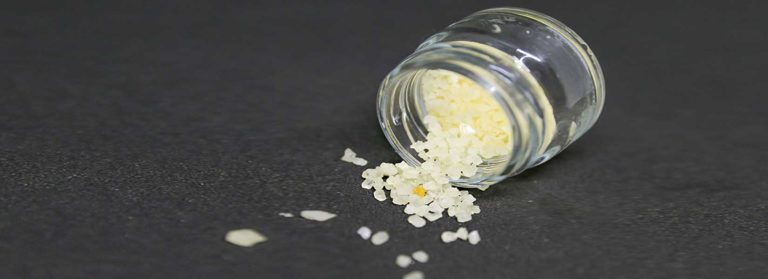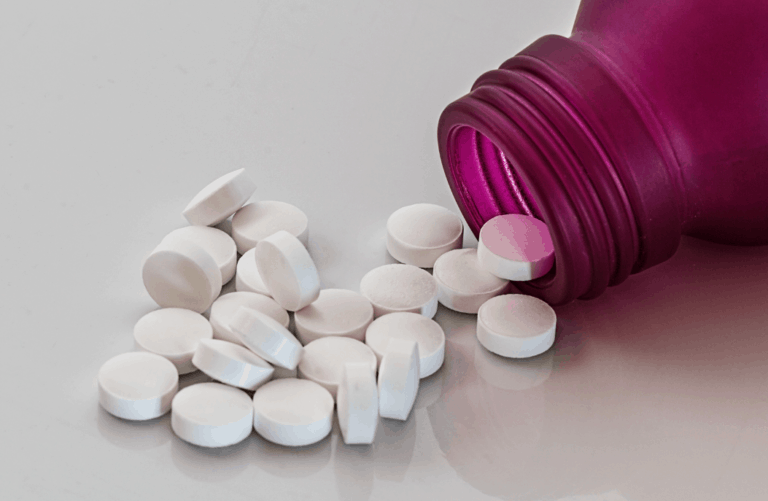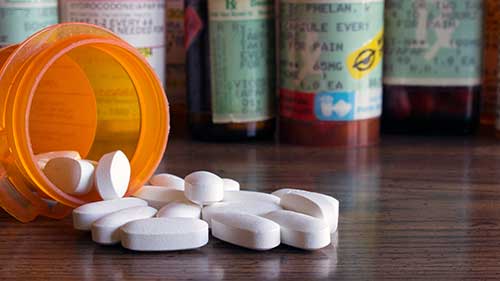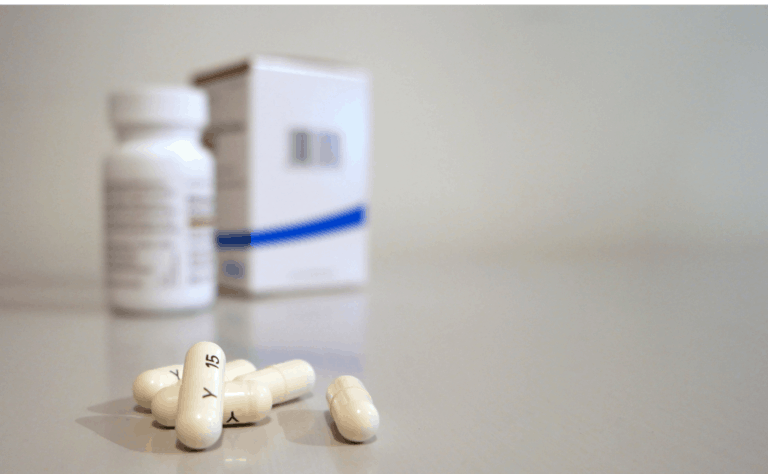If you have been convicted of a drug-related offense, one of your first concerns is likely how this will impact your future. Depending on the drug charge, it may be hard to find a job or get an education loan. You may also not be able to rent an apartment or even adopt a child. These are just some of the many repercussions you may face after being convicted of a drug crime and having a criminal record as a result. Read on to learn more about how you can recover from a drug conviction and start rebuilding your life.
Understand the Consequences of a Drug Conviction
If you are convicted of a drug crime, you may face many negative consequences. These include:
- Not being able to get certain jobs – If you apply for a job that requires a security clearance, you may be denied the position if you have a drug conviction. You may also not be able to receive certain educational loans if you have a drug conviction on your record.
- Not being able-bodied – If you have a drug conviction, you may not be eligible to receive financial assistance that is given to those with disabilities. You may also not be eligible to receive benefits if you lose your job.
- Not being able to adopt a child – If you want to adopt a child, you may not be able to if you have a drug conviction on your record.
- Not being able to get a loan – You may not be eligible to receive a loan, such as a mortgage, if you have a drug conviction.
- Not being able to rent an apartment – If you want to rent an apartment, the landlord may not rent to you if you have a drug conviction.
Educate Yourself on Rehabilitation Options
If you have been convicted of a drug crime, you can take steps to rehabilitate yourself and reduce the negative impact on your life. One option is to enroll in an inpatient or outpatient drug treatment program. If you choose an inpatient program, you will live at the treatment facility for an extended period of time, usually 30 days or longer.
If you choose an outpatient treatment program, you will go to the facility during the day and return to your home at night. While in treatment, you will meet with a therapist to work on the underlying issues that led to your drug use, as well as learn healthy coping skills and ways to avoid future drug use.
Once your treatment program is complete, you can also apply for a drug conviction expungement, which will help remove the conviction from your record. Another option is enrolling in a self-help group, such as Narcotics Anonymous, which offers support from others who have been in your situation.
Help from Family and Friends
If you are struggling with a drug addiction, one way to help is to let people know what is going on. Let your family and friends know about your addiction and ask for their support. They can help you find rehabilitation programs and talk to the court about your drug addiction. They can also help you once you are released to help you rebuild your life.
Let your family and friends know that you appreciate their support. Let your family and friends know if you have relapsed. It can be very hard to ask for help after a relapse, but it is important to let people know what is going on so they can help you get back on track. Reach out to your family and friends; let them know what you need from them to help you move forward.
Help from Non-Profits and Societies
If you have been convicted of a drug crime, you may be able to receive help from a non-profit or society. You may be able to receive financial assistance to pay for treatment or legal assistance with your expungement. You can also find help with job searching, resume building, or general life skills. Depending on where you live, there may be a society or non-profit in your area that specializes in helping people who have been convicted of a drug crime.
Networking and Job Search
Once you have completed your drug rehabilitation program or have been out of treatment for some time, you will want to start rebuilding your network. You can do this in many different ways, such as by joining professional organizations and attending networking events.
You can also use social media, such as LinkedIn and Facebook, to build your network. When you are ready to start applying for jobs, it is important to understand how your drug conviction may affect your ability to find a job. You may want to consider applying for jobs that do not require a background check. You can also create a resume that does not include any information about your conviction.
Trust Asheville Recovery Center
Fortunately, there are ways to prevent unhealthy behaviors and help those who are already struggling. If you or someone you know is struggling with addiction or mental health, it is important to get treatment. At Asheville Recovery Center treatment specialists utilize a 12-step program and practice holistic rehabilitation.
Services at the center include:
Partial Hospitalization Program – At Asheville Recovery Center we offer a partial hospitalization program for clients who need post-residential treatment as well as for clients who need primary treatment but are unable to enroll in inpatient programs. Our PHP track offers a variety of therapeutic services and benefits to individuals in early recovery from substance addiction.
Outpatient Rehabilitation – During intensive outpatient treatment (IOP), clients live at home or in a sober living residence while completing an addiction treatment program. IOP is a place where clients can process their experiences in twelve-step fellowships and support one another in those individual journeys.
Addiction is difficult to overcome alone. If you feel that you or a loved one is struggling, our specialists are on standby and ready to help. Call and speak with an addiction expert today.









